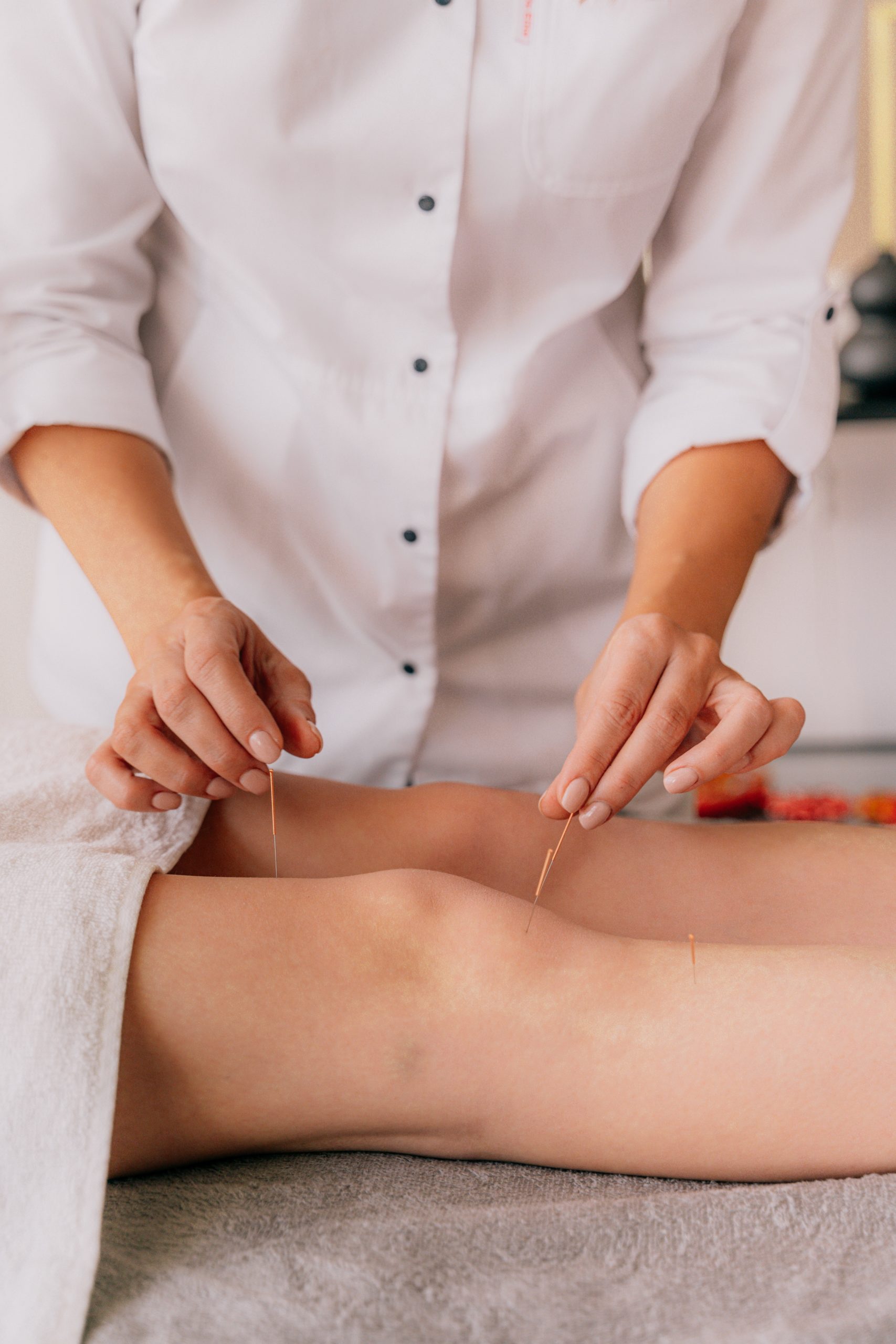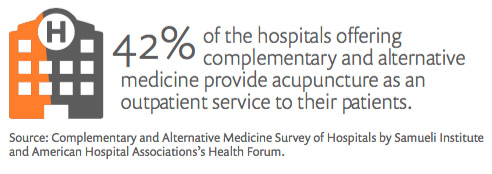Master of Acupuncture
National University’s Master of Science in Acupuncture program offers you a comprehensive curriculum in acupuncture coupled with training in how to balance an Eastern medicine approach with Western medicine. The MAc degree will allow the graduate to take national board exams and achieve certification in most states to practice as a licensed acupuncturist.
What is Acupuncture?
Acupuncture is an ancient healing technique that is over 3,000 years old. It is based on the insertion of thin, sterile needles into strategic points on the body that lie along specific energy meridian pathways.
Master of Acupuncture – Herbal Medicine (MAc-HM)
Students can also earn a Master of Acupuncture with a Herbal Medicine Specialization. National University’s MAc-HM program offers you a comprehensive classical curriculum in both acupuncture and herbal medicine coupled with training in how to balance an eastern medicine approach with western science.
Location: Illinois
Discover Our Programs
Clinical Training & Opportunities
Career Support
Begin Your Journey
The NUHS Advantage

Consider National University for its distinct advantages and be well-prepared for the career that awaits you.
Collaborative Learning Opportunities
Students have the opportunity to treat patients collaboratively within an integrative clinic, working with DC and ND interns. The institutional focus at National University is on collaborative learning and encourages students to become colleagues rather than competitors.
Acupuncture Reinforced with Science and Anatomy
The unique curriculum at NUHS, integrating eastern and western medicine, allows students a one-of-a-kind experience in anatomy with full dissection of a human cadaver. The anatomy curriculum encourages the study of the relationship between acupuncture points and the human anatomy. In addition to hands-on dissection, NUHS offers The Anatomage Table, today’s most technologically advanced digital visualization system for anatomy education.
Apprentice with Expert Faculty
Faculty at National University are international leaders in their field, committed to training students in the treatment methods and philosophies of traditional herbal medicine. That’s why our program incorporates apprentice-style learning so that you can learn via direct transmission of knowledge and skills from our faculty masters. In addition, all full-time faculty in the acupuncture and herbal medicine program have PhDs and strong research backgrounds.

Acupuncture Licensure
To practice as an acupuncturist or an herbal medicine practitioner, students must pass the licensing examinations conducted by the Accreditation Commission for Acupuncture and Herbal Medicine (ACAHM). Currently, 47 states plus the District of Columbia require the passage of the ACAHM examinations or ACAHM certification as a prerequisite for licensure.
Students must also apply for licensure in the state in which they plan to practice. Each state regulatory board carries unique requirements for licensure. Students are responsible to become familiar with the state licensing requirements through their state licensing board. Visit http://www.nccaom.org/state-licensure/ for more information. Additionally, licensed practitioners must also check continuing education requirements for license renewal with their state licensing board.
The professional organizations representing acupuncturists and oriental medicine practitioners include the American Association of Acupuncture and Oriental Medicine (AAAOM).

